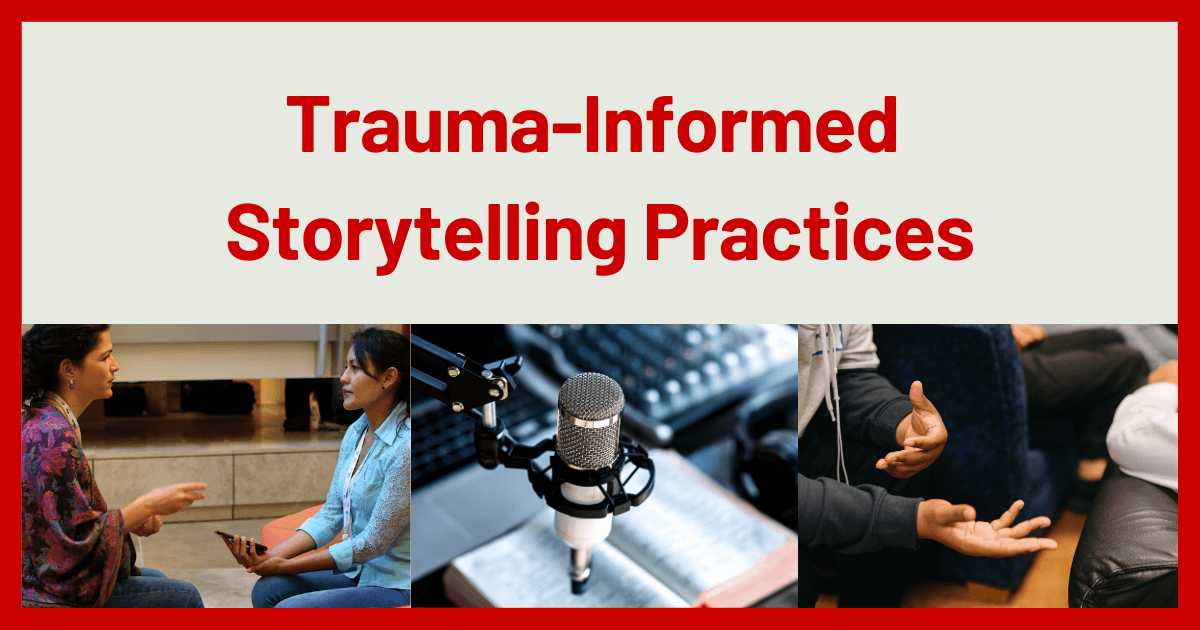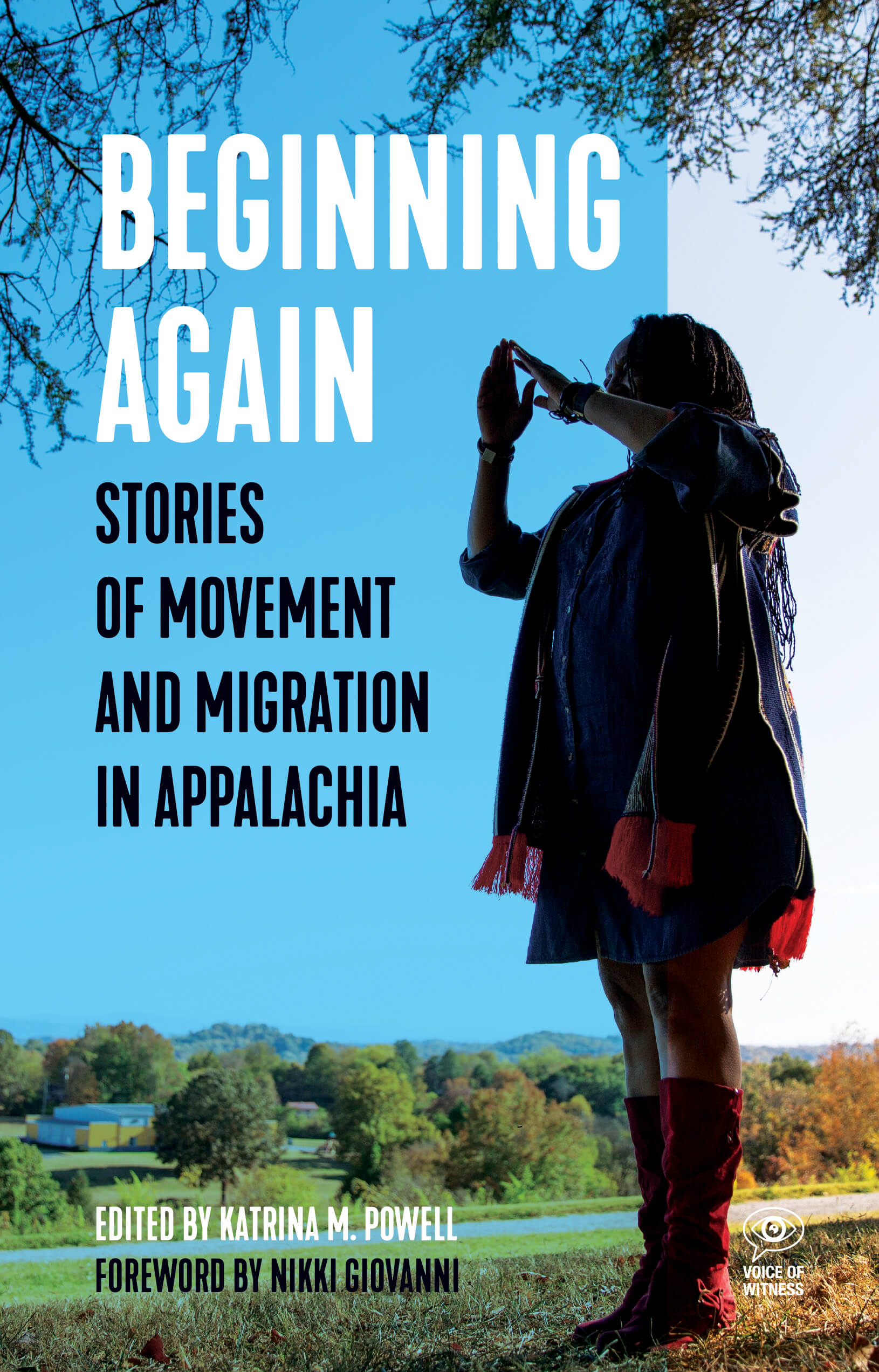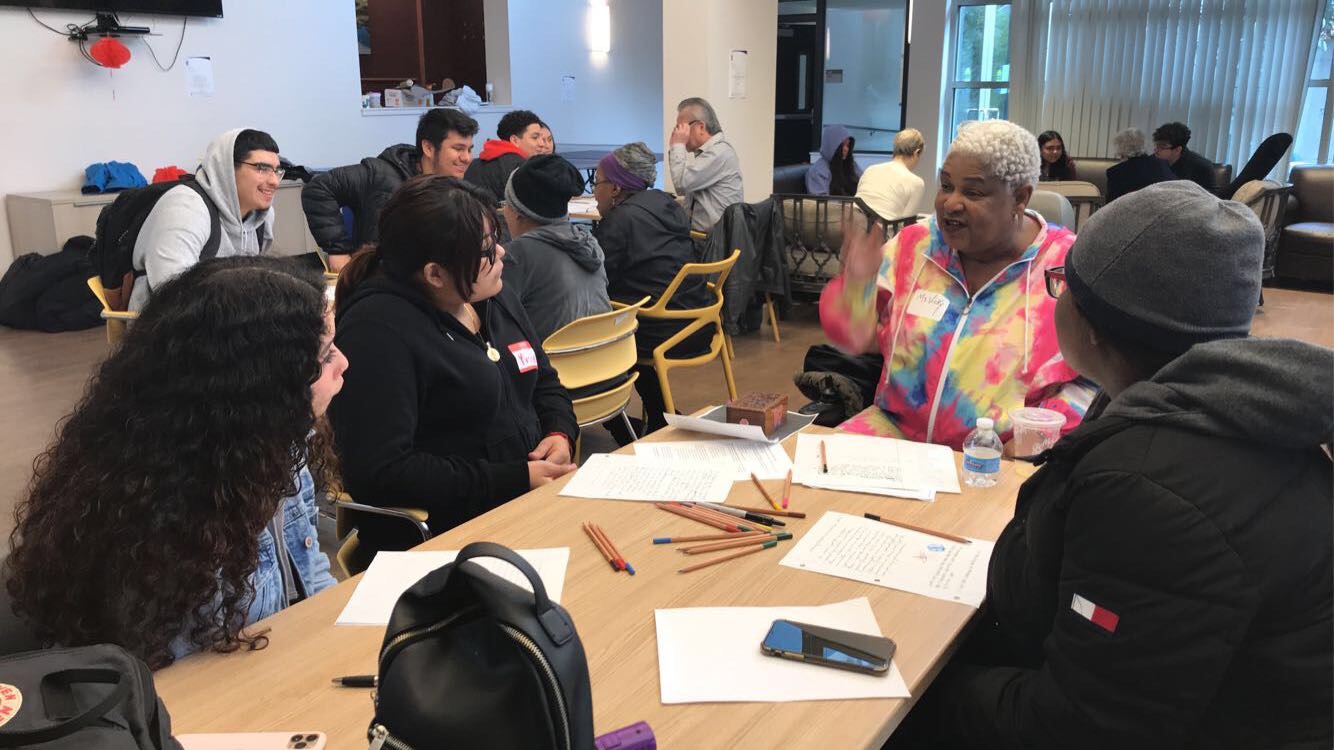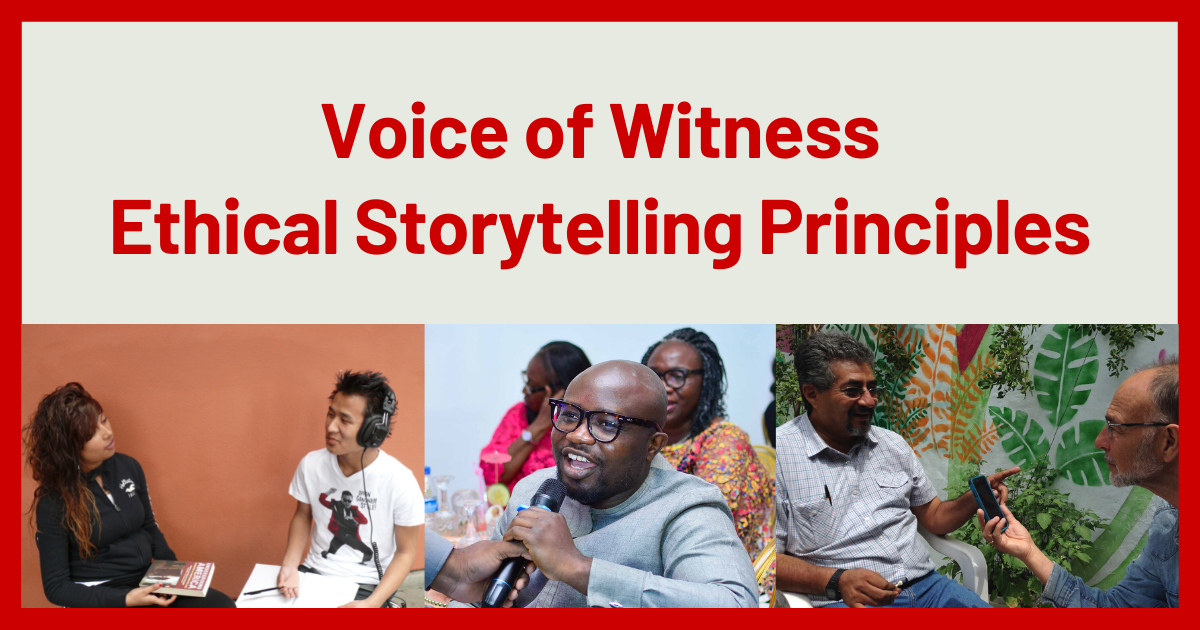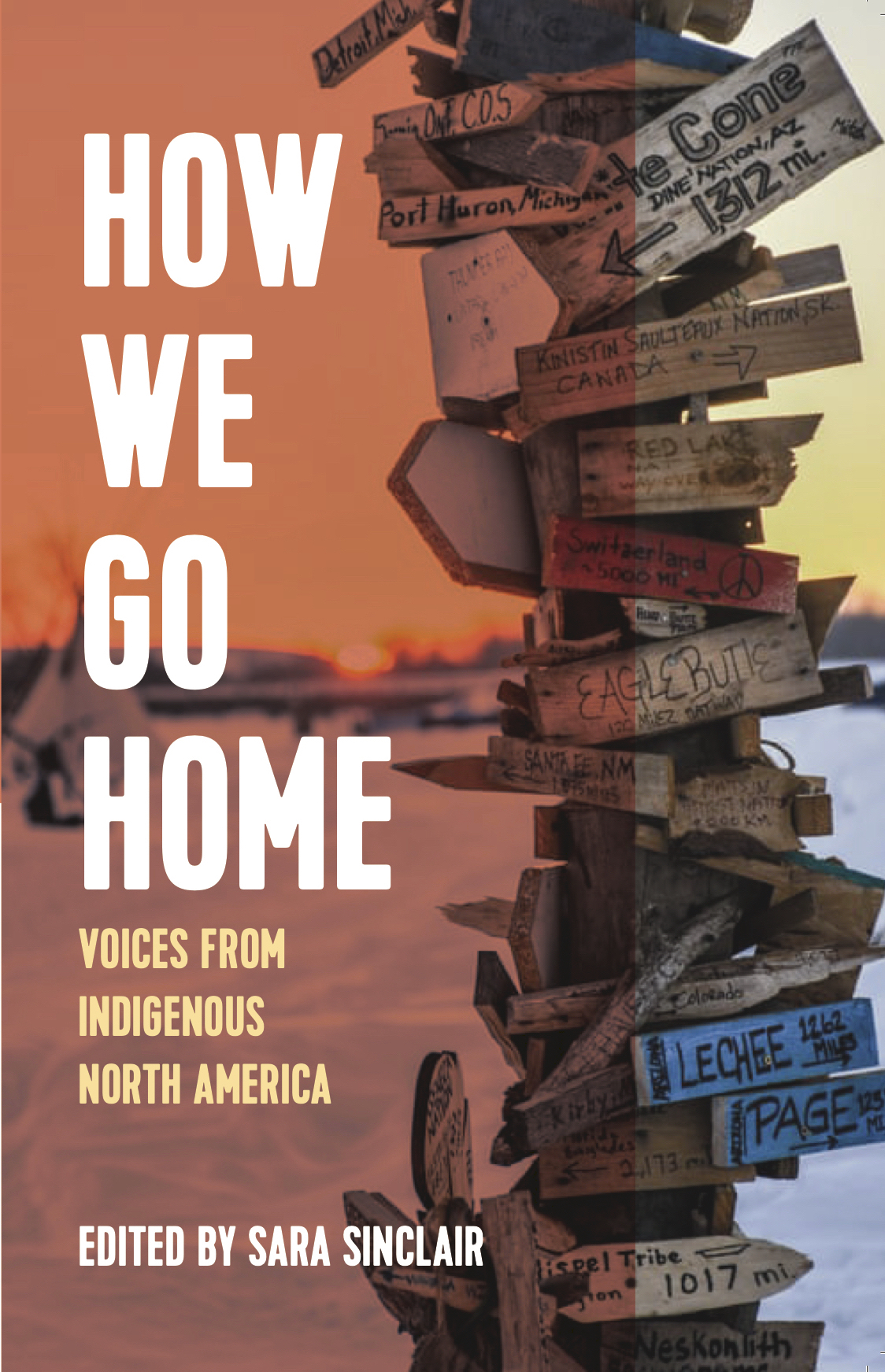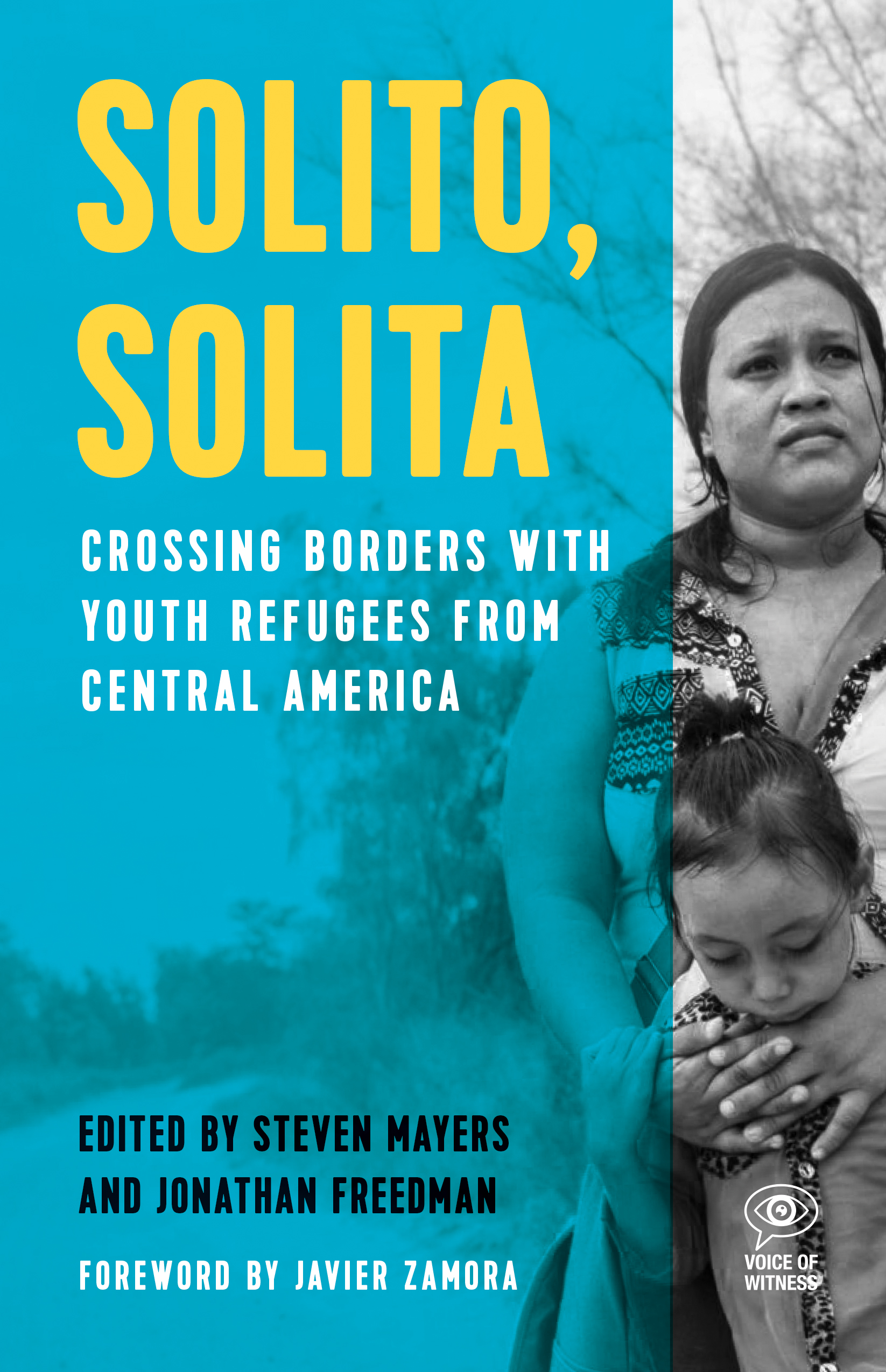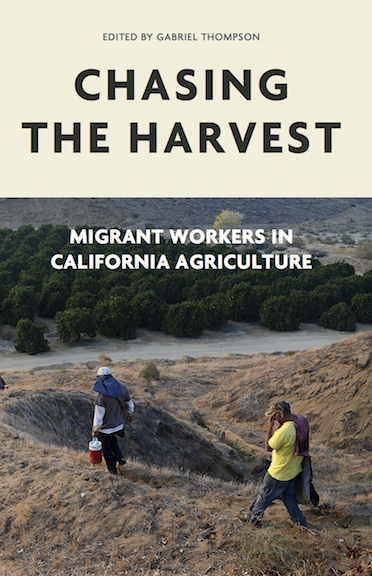Higher Ed
VOW’s Trauma-Informed Storytelling Practices
Here are 10 key trauma-informed practices to create ethical, supportive spaces for storytelling and personal narrative. While our approach is focused on oral history, these principles apply to many types of community-based, interview-based, or relational work.
Beginning Again: Stories of Movement and Migration in Appalachia Curriculum
These lessons explore oral histories that examine the complexities of why people leave, why people stay, and and the systems that interact with individual choice. The curriculum is rooted in an Ethnic Studies framework that questions dominant narratives and promotes critical thinking around not only the Appalachian region, but migration and displacement in general.
Deep Conversation Starters for Relationship Building
This single-page handout contains over twenty prompts to spark new stories, deepen bonds, and create a safe and brave space for sharing.
Ethical Storytelling Principles
VOW’s ethical storytelling principles are grounded in values of respect, dignity, empathy, transparency, collaboration, and equity. These principles are relevant to many forms of community-based storytelling and programs.
How We Go Home: Voices from Indigenous North America Curriculum
The lessons use oral history to promote a nuanced understanding of Indigenous communities and settler colonialism.
Criminal Justice • Cultural and Personal Identity • Economic Justice • Environmental Justice • Gender Justice • Migration & Displacement • Racial Justice
Solito, Solita: Crossing Borders with Youth Refugees From Central America Curriculum
While confronting the impacts of immigration policies and harsh realities of the day-to-day experiences of youth refugees, these lessons also highlight the role of hope, community, and resilience. The lessons are culturally relevant for students who have experienced migration, as well as students encountering these issues for the first time.
Mi María: Surviving the Storm | Voices from Puerto Rico Curriculum
The lessons reflect an Ethnic Studies framework and invite teachers and students to form a nuanced, empathy-based understanding of the issues facing Puerto Ricans today, and the social, cultural, and historical forces that inform their experiences.
Cultural and Personal Identity • Economic Justice • English Language Learners • Environmental Justice • Migration & Displacement • Political Oppression & Civil Rights • Racial Justice
Chasing the Harvest: Migrant Workers in California Agriculture Curriculum
The lessons in this unit explore oral history narratives from the men, women, and children working in California’s fields who grow and harvest the food many Americans eat every day.
Cultural and Personal Identity • Economic Justice • Environmental Justice • Migration & Displacement

